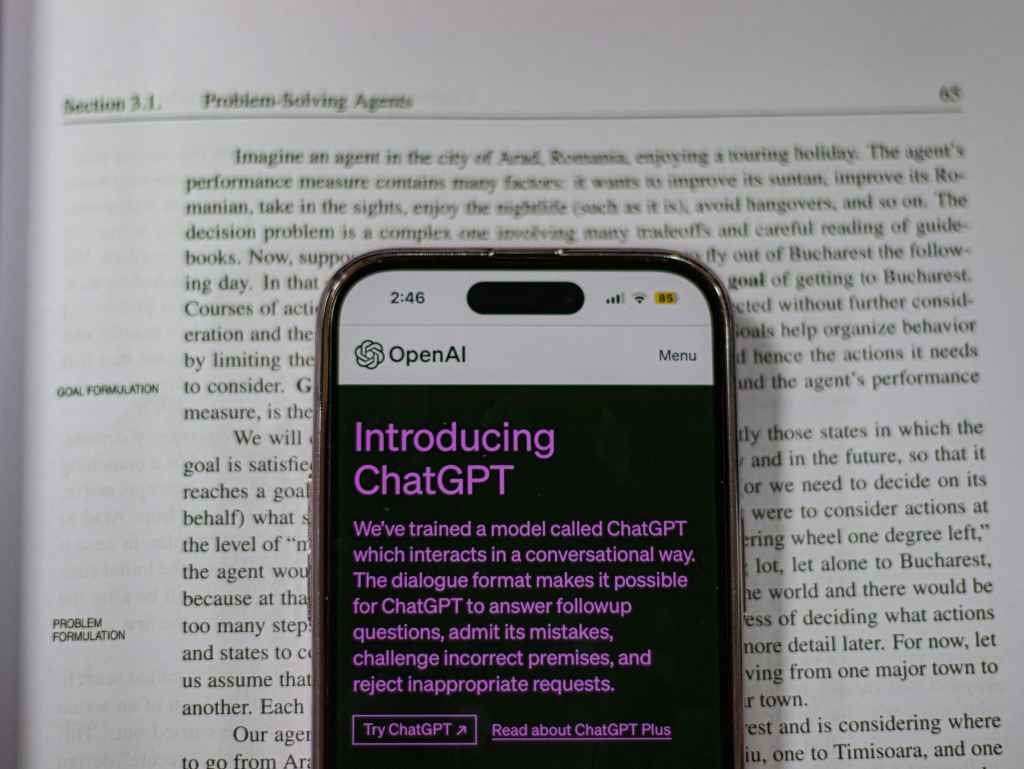
The Publishing.com Case as a Bellwether for Deceptive Practices
The initial investigation into Publishing.com, which sold courses promising easy riches through AI book production, serves as the perfect microcosm for the FTC’s broader concerns. While the company reportedly netted nearly $50 million in 2022 by selling pricey side-hustle courses, customers complained of high-pressure sales, buried disclaimers, and misleading guarantees regarding profit potential—sometimes spending over $7,000 for materials that didn’t deliver the promised return. This case isn’t just about fraud; it’s about the *marketing layer* of the AI economy. If the FTC finds that the promise of easily monetizing AI content is being oversold through deceptive means, it reinforces their right to regulate the claims made about AI tools generally. It speaks directly to the agency’s historical mandate to prevent “unfair or deceptive acts or practices.” The fact that the FTC had hired an expert witness for this probe signaled their intent to pursue the matter seriously, even if enforcement deadlines have faced recent bureaucratic delays.
The Long-Term Trajectory: Redefining Authorship and the Integrity of the Digital Shelf. Find out more about FTC investigation AI generated books antitrust.
Ultimately, the outcomes of these parallel FTC actions—the structural review of infrastructure deals and the enforcement actions against predatory schemes—will determine the long-term relationship between technology, creativity, and the average consumer in the latter half of this decade. The market is rapidly approaching a point of decision: will it value verifiable human input, or will it default to the cheap efficiency of the algorithm?
The Invisible Rot: Erosion of Consumer Confidence in Digital Marketplaces
Perhaps the most damaging long-term effect stemming from unchecked proliferation of low-quality, machine-generated content is the subtle, insidious corrosion of consumer trust. Consider the reader who spends their money expecting a narrative forged through human experience, insight, and craft, only to receive prose that is disjointed, repetitive, or nonsensical—a product of low-effort algorithmic compilation. That disappointment travels beyond the single purchase; it infects the entire digital storefront. This crisis of confidence is a massive hurdle for everyone:
- Legitimate Authors: They lose visibility, buried under an infinite swamp of cheap, machine-pushed titles, making genuine discovery exponentially harder.. Find out more about FTC investigation AI generated books antitrust guide.
- Consumers: They become hesitant, skeptical about every digital content purchase, fearing another deceptive transaction that wastes both time and money.. Find out more about FTC investigation AI generated books antitrust tips.
- Expect Continued Scrutiny on Consumer Claims: Any company overstating the capabilities, ease of use, or profit potential of AI tools—especially in high-dollar side-hustle courses—is firmly in the FTC’s crosshairs. Do not rely on boilerplate disclaimers; transparency must be upfront and central.. Find out more about Legislative safeguards generative AI publishing definition.
- Monitor Provenance Standards: The push for watermarking is real, driven by successful legislation against deepfakes. If you are in digital content creation, start exploring technologies that embed durable, verifiable metadata into your work now. Being ahead of a mandatory standard is always cheaper than scrambling to comply after a deadline hits.
- Antitrust is Now About Inputs: For software and platform providers, understand that control over foundational resources (like cloud access, specialized hardware, or large datasets) is now explicitly being viewed through an antitrust lens. Exclusive agreements or predatory pricing on essential AI inputs are high-risk areas for regulatory challenge.. Find out more about Mandatory digital watermarking for AI content insights guide.
- Trust is the New Currency: In a market flooded with synthetic content, any brand or creator that can verifiably prove human authorship and ethical sourcing will command a premium. Building trust through transparency is the best defense against the coming market bifurcation.
The challenge for regulators and platforms in 2025 is immediate: how do you restore the perceived integrity of the digital shelf space? If consumers cannot trust what they are buying, the entire economic model for digital content breaks down. This is why the FTC’s focus on *deception* is so critical to the future of the future of authorship in the AI era.
The Coming Bifurcation: Labor Viability vs. Algorithmic Arbitrage
If the current model is permitted to persist—where content is mass-produced using uncompensated source material and aggressively marketed through schemes like the one investigated in Publishing.com—the economic foundation for human authorship faces severe compromise. We are rapidly approaching a predicted market bifurcation that policymakers must confront: * **The Verified Sector:** A high-end, expensive, and heavily regulated sector for human-created works, demanding strict provenance standards and paying a premium for authentic creativity. * **The Synthetic Swamp:** An infinitely deep, low-value sea of content, algorithmically generated, optimized purely for click-through or ad revenue, with little to no regard for narrative quality or creative origin. The ongoing federal probes represent a critical pivot point. Federal authority—whether through the FTC’s antitrust lens or new legislative mandates—must decide which governing principle will prevail: the principles of fair competition and intellectual respect, or the unchecked momentum of technological arbitrage. The definition of ‘authorship’ itself is on the table, and the regulatory decisions being made now, based on the evidence gathered in 2024 and 2025, will define the creative economy for the next generation. For anyone in creative labor, paying attention to the creative labor market integrity in 2025 is paramount.
Actionable Takeaways for Navigating the New Regulatory Climate. Find out more about learn about FTC investigation AI generated books antitrust overview.
As the dust settles on the FTC’s initial AI infrastructure review and its ongoing consumer enforcement actions, here are the key takeaways for creators, small businesses, and industry stakeholders as we head into the final months of 2025:
The Federal Trade Commission’s comprehensive stance on Generative AI, confirmed by its evolving actions throughout 2025, signals a clear mandate: the technology must integrate fairly and safely into the existing economy, or the regulator will draw the lines where the market failed to do so itself. This is not a time to hide behind the hype; it is a time for verifiable compliance and honest engagement. What part of the FTC’s dual approach—the antitrust review or the consumer protection focus—do you believe will have the most lasting impact on your industry? Share your thoughts below.







